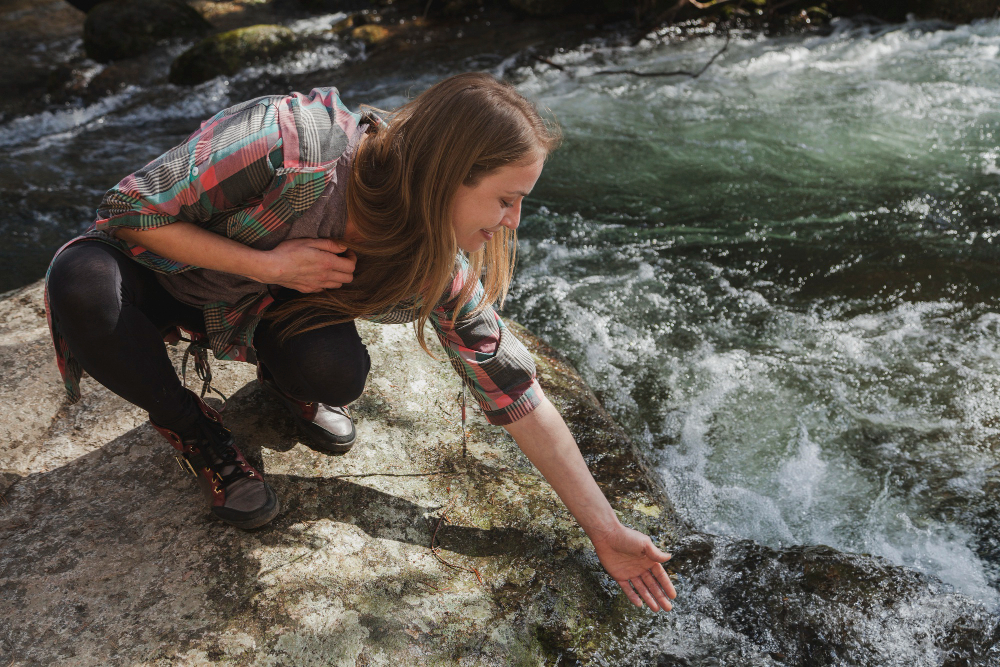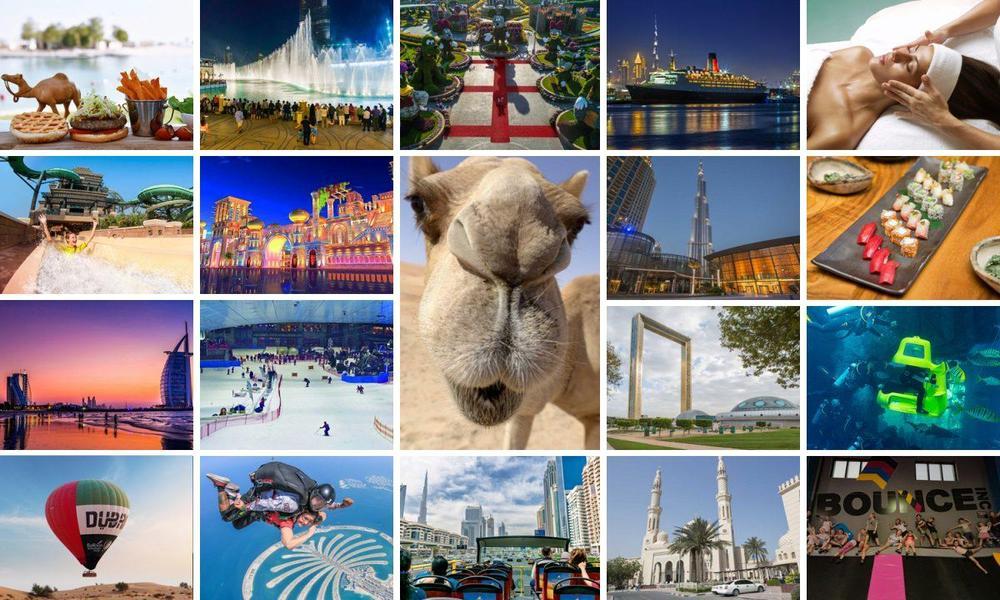When you go on a camping trip, it is really important that you have clean and safe water with you. This is especially important if you are involved in a camping, hiking, or fishing activity since contaminated water sources will make you sick, thus spoiling your experience.
These tips help you ensure that water quality is well maintained so that your outdoor activities are worthwhile and safe.
Use Filter cloth
One possible solution to the problem of preserving water quality is the use of filtration bags. These are pouches that filter out various components from water to make it safe for human consumption. Filtration bags are light in weight, highly portable, and very easy to use, making them ideal for outdoor use.
It only requires the user to fill the bag with water from a source of natural water, and the inner filter will have removed bacterial, protozoan, and sediment particles. This means people will be in a position to access clean drinking water, whether they are in urban or rural areas.
Follow a Fisherman’s Tips and Suggestions
If you also go fishing during your outdoor activities, it will be helpful to talk to a fishing guide about ways to preserve water quality. For example, a fishing guide may suggest where to find clean fishing waters, how to recognize that water is polluted, and how to learn more about the aquatic environment of the area.
Hence, it is advisable to fish in waters that meet high quality standards recommended by health practitioners, since this also goes a long way toward encouraging wildlife. Furthermore, fishing guides will let you know the right way of handling and cleaning fish to reduce polluting waters.
Practice Leave No Trace Principles
Observing the Leave No Trace guidelines is crucial to maintaining the quality of water sources during outdoor trips. These principles include proper disposal of waste, implementing measures to reduce campfire effects, and protecting water sources from pollution.
Remember to carry out all garbage and any remaining food, and do not wash natural surfaces with soap or detergent. Thus, adhering to such guidelines aids in the protection of the environment and the provision of clean water for the consumer as well as other people.
Boil Water When Necessary
This method of boiling water is one that is very effective and rather straightforward to conduct. When, in any given situation, you are unsure of the quality of water that is available to you, make sure to boil the water for about one minute in order to eliminate any existing bacteria.
Boiling is very important in emergencies or when other filtration methods cannot be employed. Boiling may not eliminate chemical contaminants, but it kills bacteria, viruses, and parasites most effectively, so it serves as a backup defense when you go on an excursion.
Choose Campsites Wisely
Some factors that can affect water quality revolve around choosing the right campsite. Do not pitch your tent close to water sources since the area would be contaminated by human activities. Instead, select a location that is at least 200 feet away from a river, a lake, or a stream.
This distance also enables one to minimize the chances of polluting water with food remnants, waste, and any other poisonous substance. Finally, consider the topography and climatic conditions of the area, as there may be instances such as floods where rains may convey pollutants into water bodies.




